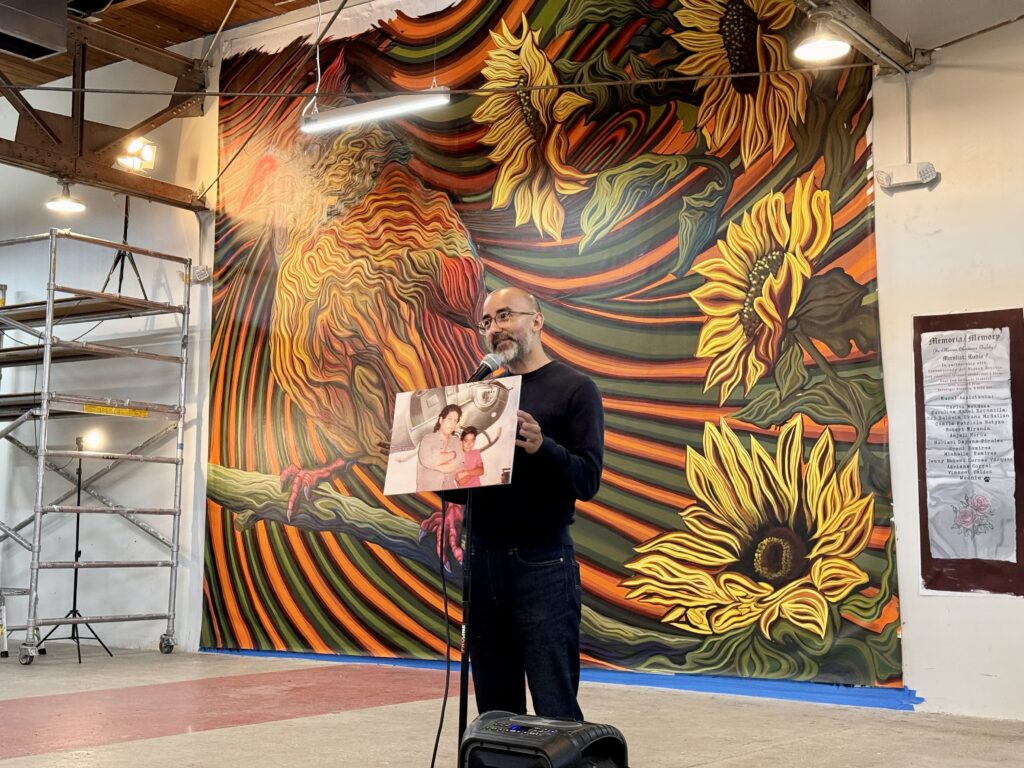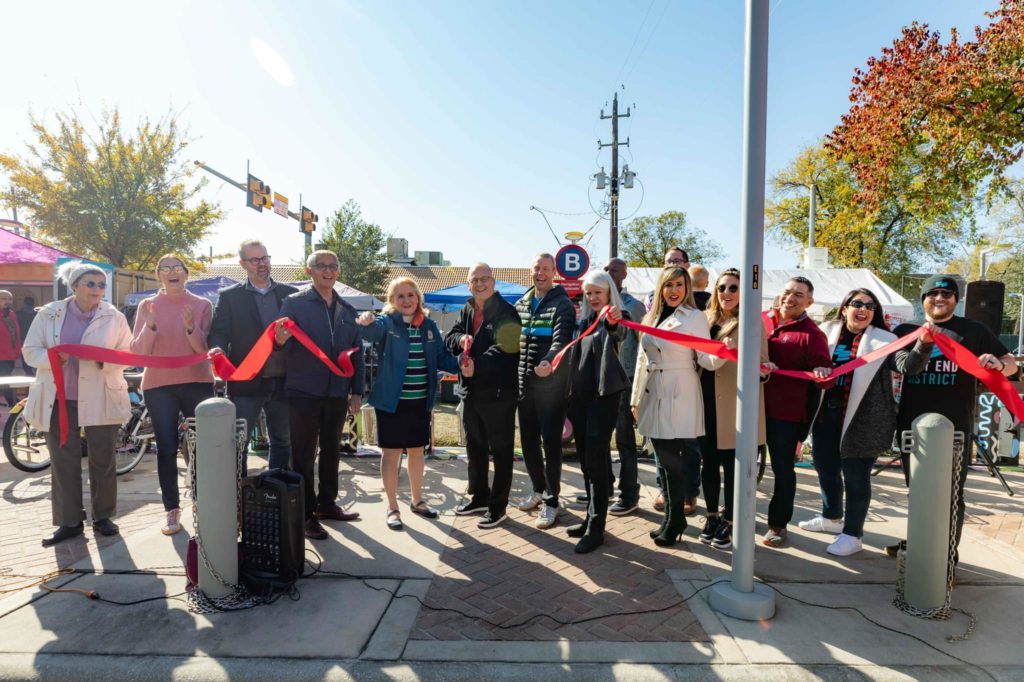the east end offers something for everyone. learn about your neighborhood or plan your next visit.
quick links
explore the cultural richness of our remarkable East End community
east end stories
news on the latest happenings

